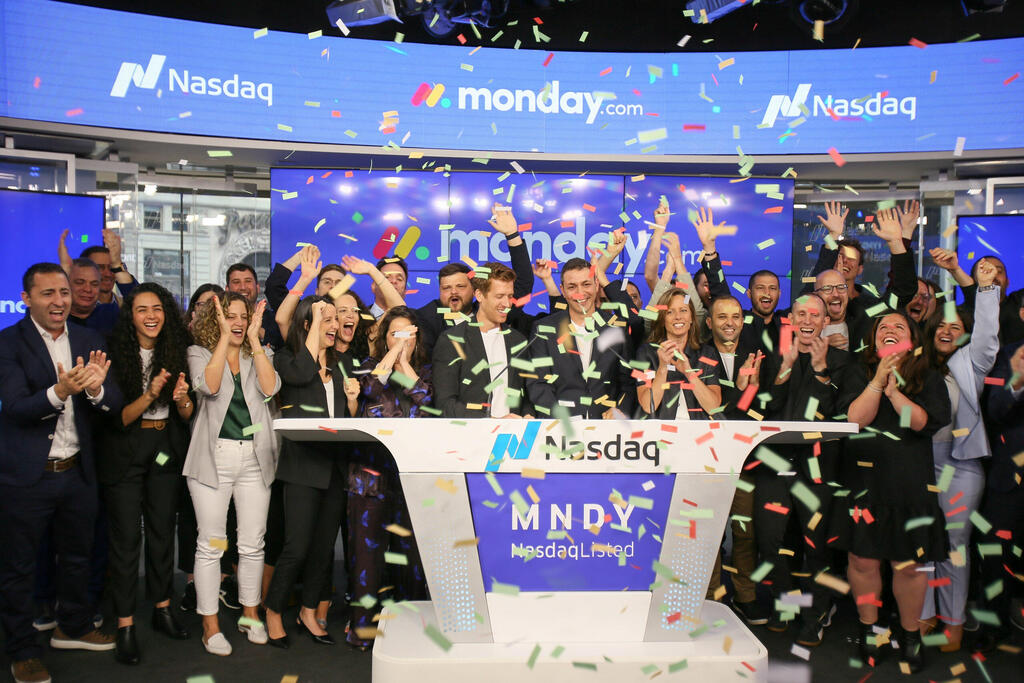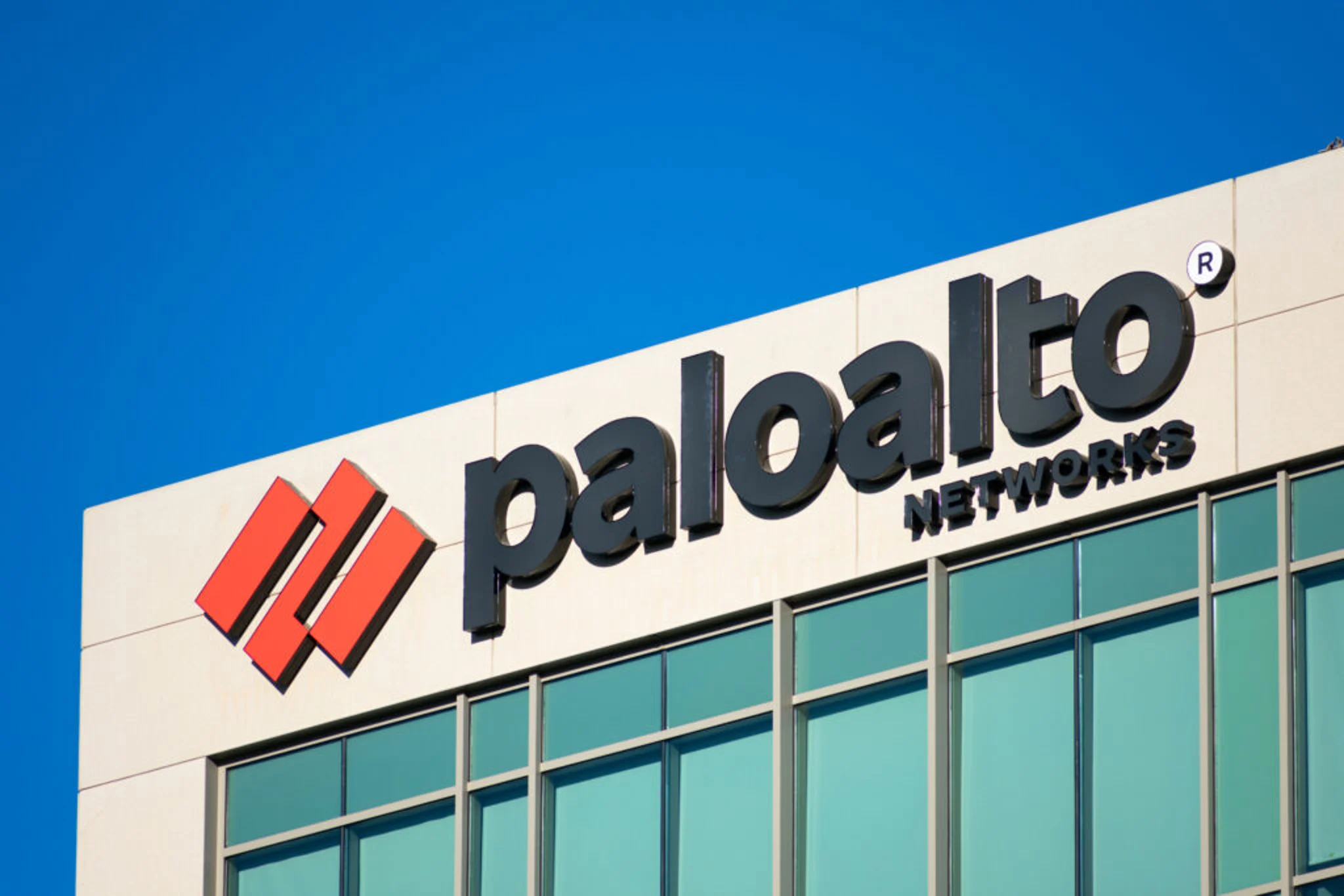RADIO J EN DIRECT CE LUNDI A 7H05. Bonjour Ilana,
Une chronique hightech de Daniel Rouach, Président d’honneur de la CCIIF.
JOBS. Monday.com. Ce matin j’ai décidé de vous parler d’une firme qui vaut la peine d’être connue. J’ai croisé l’un des fondateurs à l’Université de Tel-Aviv. Elle va recruter bientôt encore plus d’ingénieurs et commerciaux. Si vous avez une belle formation, et si vous sortez d’une grande école où d’une belle Université, c’est une firme cible pour ceux qui souhaitent vivre en permanence en Israël.
FONDATEURS. Les co-fondateurs de Monday.com, Eran Zinman et Roy Mann ont déclaré récemment : « Nous avons tout ce qu’il faut pour atteindre $10 milliards de chiffre d’affaires ».
Pour nos auditeurs non familiers avec l’univers du net, Monday. com est une plate-forme Web et une application mobile destinée à la gestion de tâches, notamment le suivi de projets, du temps et de la collaboration en équipe.
Le produit est personnalisable et peut s’adapter à un large éventail d’activités commerciales, y compris la R&D, le marketing, les ventes, la gestion de produits et des clients. Le produit est utilisé dans plus de 200 secteurs d’activité différents.
Monday.com emploie près de 2 500 personnes, dont 1 100 basées en Israël. Il y a à peine cinq ans, l’entreprise ne comptait que 600 employés, et au moment de son introduction en bourse il y a trois ans, elle en comptait 800.
L’expansion très rapide a créé un besoin en espaces de bureaux supplémentaires pour Monday.com. La firme qui occupe actuellement la moitié de la tour Rubinstein de 35 étages à Tel Aviv, a décidé de louer un tiers des bureaux de la tour « Spiral » du groupe Azrieli, actuellement en construction à Tel Aviv.
Il y a quelques années, si l’on avait demandé aux investisseurs quelle entreprise israélienne locale de haute technologie serait la première – ou même capable – d’atteindre un milliard de dollars de chiffre d’affaires annuel, rares sont ceux qui auraient parié sur monday.co.
Eran Zinman : « Nous avons toujours rêvé grand. Lorsque notre chiffre d’affaires annuel était de $20 millions, nous avions fixé un objectif de chiffre d’affaires d’un milliard de dollars sur le mur de nos bureaux.
À l’époque, les gens se moquaient de nous, cela semblait impossible. Mais nous sommes restés concentrés et nous y sommes. Nous révisons maintenant cet objectif à $10 milliards. Les concurrents ont atteint $10 milliards et nous pensons avoir tout ce qu’il faut pour y parvenir ».
De nombreux investisseurs ont sous-estimé le système de gestion du travail de l’entreprise.
Monday.com a doublé sa valeur depuis son introduction en bourse et se négocie désormais à $13,8 milliards. Cela la positionne parmi les cinq plus grandes sociétés israéliennes en termes de capitalisation boursière.
Ce qui distingue Monday.com c’est la forte croissance de ses revenus.
Atteindre un milliard de dollars de chiffre d’affaires annuel n’est pas une mince affaire. Il a fallu un travail acharné. Ironiquement, le fait d’être considéré dès le début comme un outsider a peut-être aidé Monday à atteindre son succès actuel.
Les utilisateurs de Monday.com sont très satisfaits du logiciel. Après le 7 octobre, les forces de défense civile de Tsahal ont rapidement adopté le logiciel mis au point par monday.com pour coordonner leurs opérations du jour au lendemain.
SIONISME HIGHTECH INTEGRAL. Monday.com a révélé que Roy Mann, l’un des co-fondateurs, détient une « part du fondateur », lui donnant un droit de veto sur la vente de l’entreprise. L’influence de Roy Mann est forte. Il détient une participation de 11,2 %. Les avoirs de Roy Mann sont actuellement évalués à près de $1,5 milliard, ce qui en fait l’une des personnes les plus riches d’Israël.





